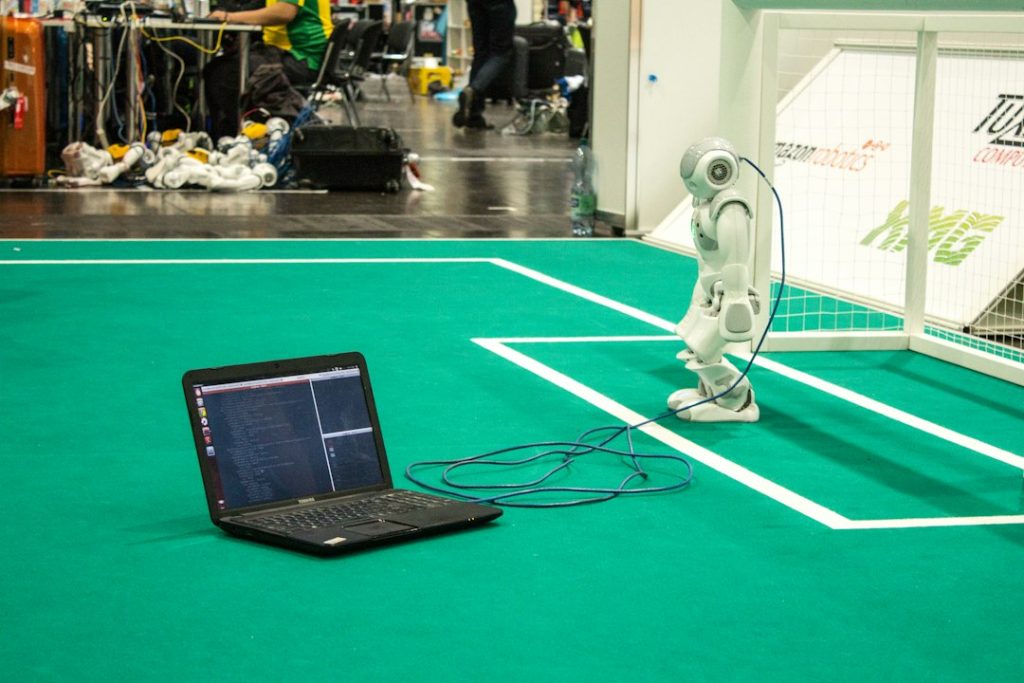
Debugging is an essential skill for any Python programmer. Even the most experienced developers encounter bugs in their code. Fortunately, Python provides a robust debugging ecosystem that can help you quickly find and fix errors.
Here are some tips and tricks that can help you master the art of debugging in Python:
- Use print statements: One of the most basic and effective ways to debug your code is to use print statements. You can add print statements throughout your code to see the values of variables and the flow of execution.
- Tracebacks: Python provides detailed tracebacks when an error occurs. Tracebacks show you where the error occurred, the function call stack leading up to the error, and the error message itself.
- Debugger: Python has a built-in debugger module that you can use to step through your code line by line. This can be especially useful for complex programs with many moving parts.
- Debugging tools: There are many third-party debugging tools available for Python. Some popular options include PyCharm, pdb++, and VSCode.
- Unit tests: Writing unit tests for your code can help you catch bugs early on. Unit tests are automated tests that verify the correctness of your code.
By using these tips and tricks, you can become a more efficient and effective Python developer. Remember, debugging is not just about finding errors in your code, but also about understanding how your code works and how to improve it.


